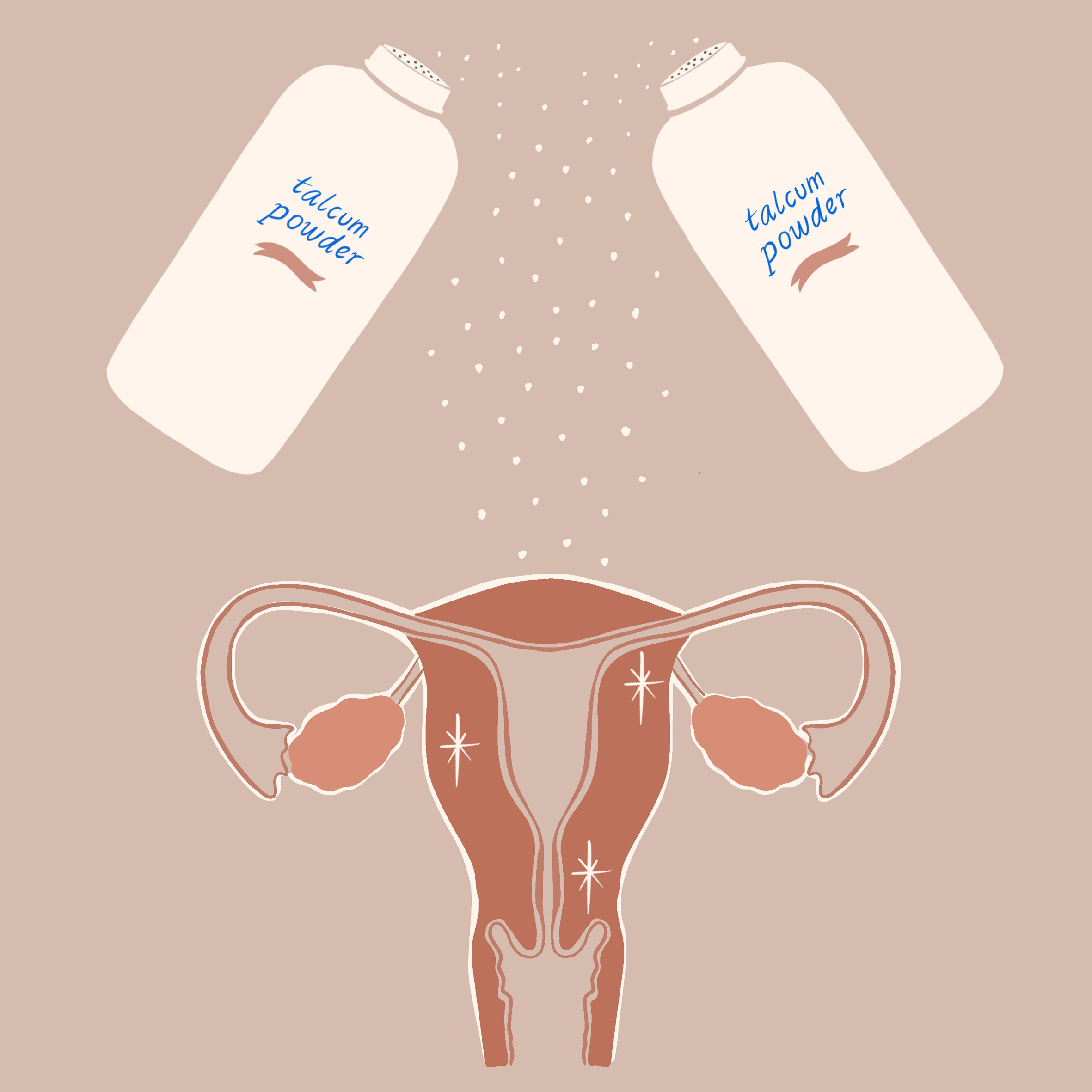Birth control - A 1992 study found that the longer women used oral contraceptives, the lower their risk of ovarian cancer. Women who used birth control pills for one year lowered their chances of developing the disease by 10 to 12 percent. Women who used oral contraception for more than five years decreased their risk by 50 percent.
Breastfeeding - A 2013 study in The American Journal of Clinical Nutrition examined the data from several previously published studies and found that the risk of ovarian cancer appeared to decrease by eight percent for every five-month period of breastfeeding. A follow-up analysis in 2014 found a 30 percent reduced risk of ovarian cancer when comparing women who had breastfed with those who had never breastfed.
Pregnancy - According to the American Cancer Society, women who become pregnant and carry the baby to full-term have a lower risk of developing ovarian cancer. The risk lessens for each full-term pregnancy. However, women who become pregnant for the first time after age 35 and carry the child to full-term, or who have never carried a pregnancy to full-term, have a higher risk of developing ovarian cancer.
Surgical procedures - A 2015 study published in Medscape found that the risk of ovarian cancer was halved among women who underwent a tubal ligation (tubes tied) before the age of 35. Similarly, a 1997 study from the University of Copenhagen found that the risk of ovarian cancer decreased for women who had undergone a hysterectomy.
Refraining from talcum powder - Research from the European Union and from the United States has pointed to a relationship between the use of talcum powder and ovarian cancer. The International Agency for Research on Cancer in France has classified the use of cosmetic talc in the perineal area as "possibly carcinogenic to humans" and the European Union has banned its use in human cosmetics.
The early warning signs of ovarian cancer often go undetected until the disease has progressed to the point where treatment is more difficult and frequently fatal.
Approximately 12 women out of every 100,000 will be diagnosed with ovarian cancer this year, according to the National Cancer Institute. The agency estimates that 14,080 women will die from ovarian cancer in 2017, accounting for 2.3 percent of all cancer-related deaths.

